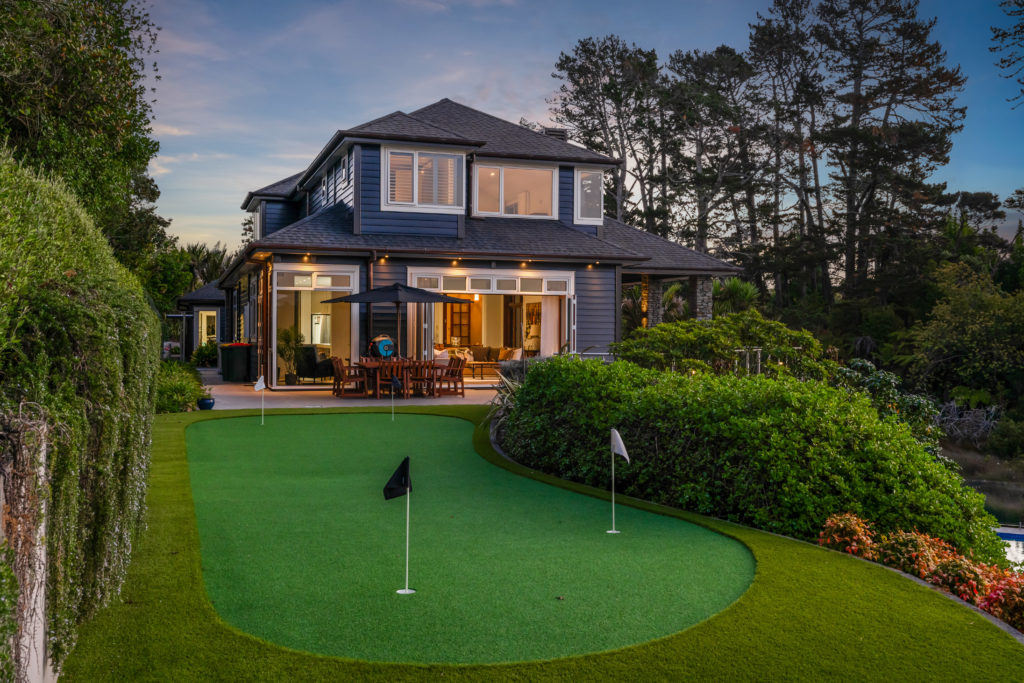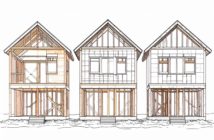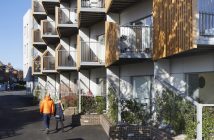New Zealand is at risk of missing out on billions in foreign investment as uncertainty lingers around changes to residential property rules for overseas buyers, says Paterson Luxury Real Estate founder Caleb Paterson

Supplied – Paterson Luxury
International investors are already shifting their focus to countries with clearer pathways like Australia and the UAE due to a lack of commitment from the Government.
New Zealand has a unique combination of political stability, natural beauty and a lifestyle that’s incredibly appealing to global investors. They’re not just looking to park capital, they want a safe, long-term base for their families and their businesses. What’s missing is a clear pathway for them to invest.
I’m dealing with ultra-high-net-worth clients from China, Canada, the US and the UK who are currently sitting on the fence. They want to invest here not just in homes, but in businesses, developments, the tech sector and other industries but they’re not going to do that while the rules remain unclear.
New Zealand’s current foreign buyer restrictions are holding back an estimated hundreds of millions in immediate capital. Potential buyers are ready to move fast if the Government opens the door to offshore investment in the high-end residential sector.
We’re talking about people with serious capital such as a $4 billion syndicate from Taiwan, developers with $70 million commercial projects sitting ready, and expats and migrants waiting to buy homes, set up companies and inject money into our economy.
I recently had someone trying to bring in a major international coffee roasting brand, but they couldn’t get a foothold here because they couldn’t buy a family home first to get settled.
Canada’s proposed wealth tax and political uncertainty in the US are further accelerating interest in New Zealand as a safe haven but with Australia offering clearer visa and investment pathways, many would-be Kiwi investors are going elsewhere.
I’ve got clients telling me they’ll take their money to Dubai or Sydney where they know what the rules are. There’s no shortage of appealing alternatives.
Last year, 40% of luxury listings were withdrawn from the market often because vendors were waiting for regulatory changes that never came. The result is a stagnant high-end market that’s hurting not only vendors, but the broader economy.
The consequences stretch beyond real estate. Baby boomers trying to downsize are unable to sell, holding up cash that could be reinvested into retirement, small business or intergenerational wealth transfer.
Everyone’s being impacted, even high-net-worth individuals who are less agile right now. This winter will be our coldest yet, metaphorically. People can’t keep borrowing to stay afloat and we’re going to see more financial strain.
This isn’t about pitying someone in a $15 million home. It’s about what happens when they can’t sell, builders aren’t contracted and tradespeople sit idle. The wealth isn’t circulating and the economy suffers.
I’m probably one of the few people in the country who speaks to around 20 high-net-worth individuals a day. These people are worth $4 to $5 million or more on paper but right now every single one of them is feeling pressure. It’s not just one or two outliers; across the board, I’m hearing stories of business strain, stalled investments and uncertainty.
Unless you’re a billionaire, people are navigating real challenges. We need a solution that gets capital flowing again, not just for their sake, but for the broader economy that depends on that investment.
Outside of Auckland and Queenstown, opening the door to high-value international buyers would also unlock stalled developments in regions like Northland, the Bay of Plenty, and Central Otago. These are areas where investment could mean hundreds of new homes, jobs for local tradies, and real economic momentum outside the main centres.
If there was a clear minimum threshold for foreign residential investment, there would be a flood of listings and a spike in transactions within days.
Even if international buyers were allowed back into the market tomorrow, we wouldn’t see a spike in prices straight away. There’s a significant backlog of unsold high-end stock, it could take 12 to 18 months just to clear that. What we’d see first is volume returning, not price pressure. And that’s exactly what the market needs right now – movement.
The economic impact would be almost immediate with millions of dollars in real estate value unlocked we just need the green light.
Without that certainty, the country risks not just missing out on capital but undermining its appeal as a long-term investment destination.
We’ve got the lifestyle and the stability investors want. Now we just need to show them that we’re open for business before they go elsewhere.



